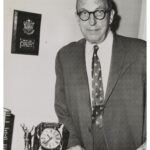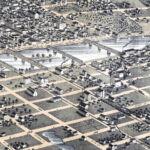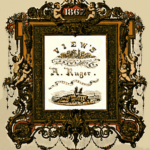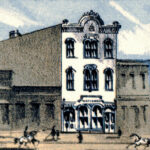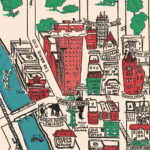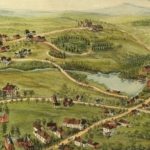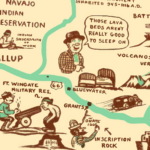A Great Book is a Great Evil
This saying was common among the Grecians, and is true to a certain degree, in all ages of the world since the publication of books; especially of the present, which is an age characterized for the multiplicity of its book, and the sheer volume of information rather than the amount of knowledge contained in them.
The mind is so constituted that it cannot, either with profit or pleasure, dwell a long time upon one subject. It naturally seeks with eagerness something new. Hence, if we read or peruse a large volume, we soon become tired and bored at its contents, and soon throw it aside before it is finished, without having understood the purpose of the writer. Among all the long books we can find, there are few, if any, where the same idea could not be expressed in a shorter and more concise manner.
The last reason, and by no means the least important, is that time is too precious to be wasted; especially in the present age, where so many new subjects and ideas are presented that claim our attention, and overly long books distracts us from other great texts.















